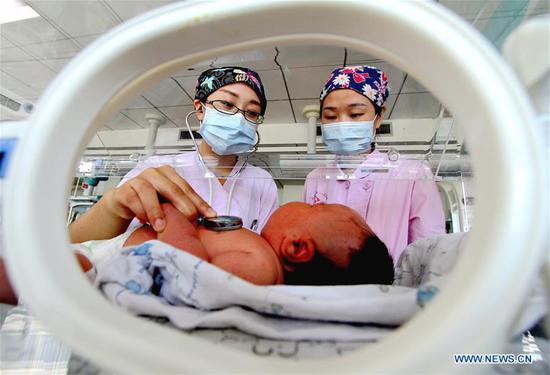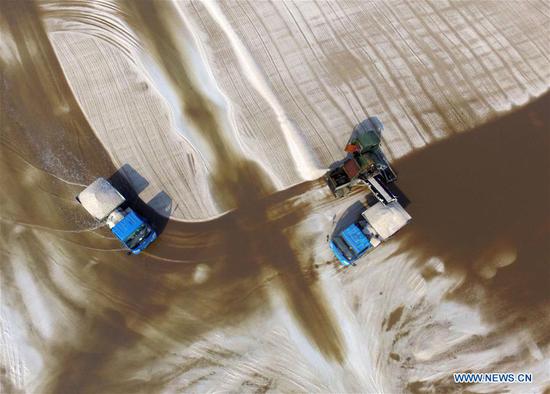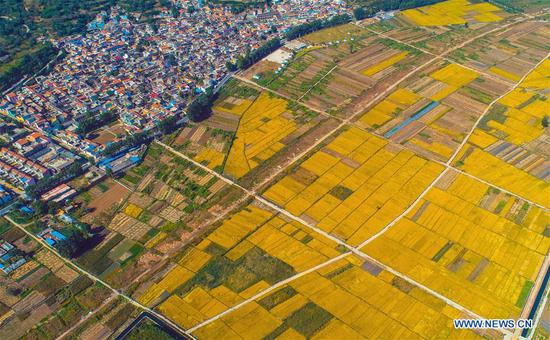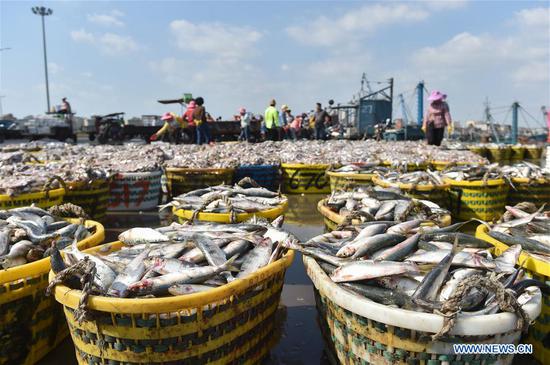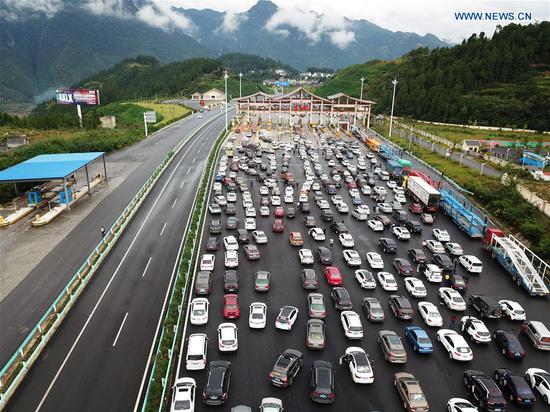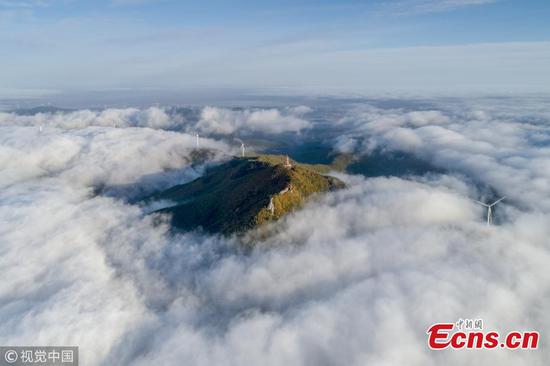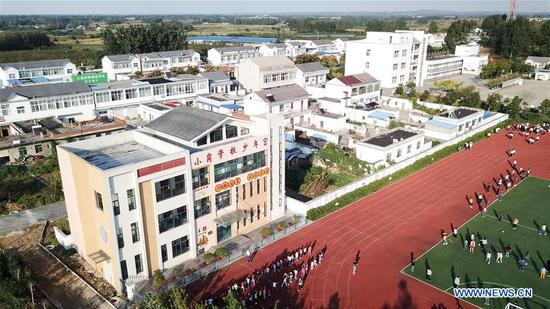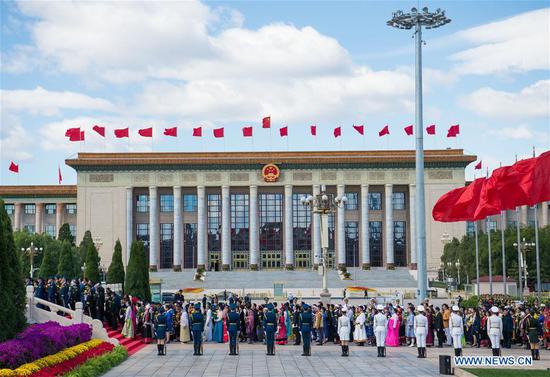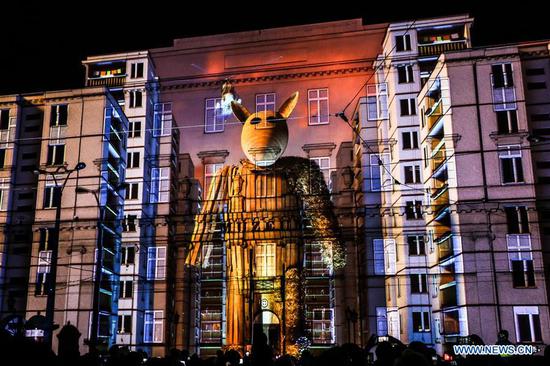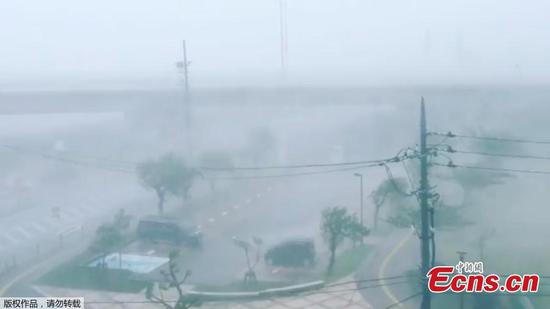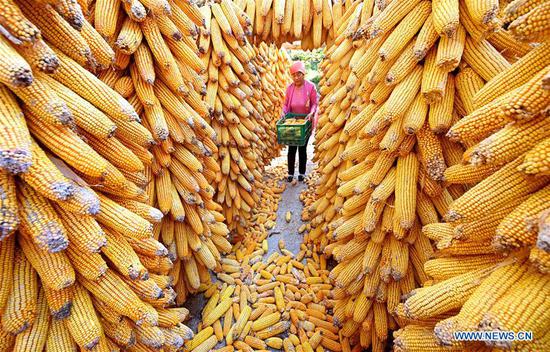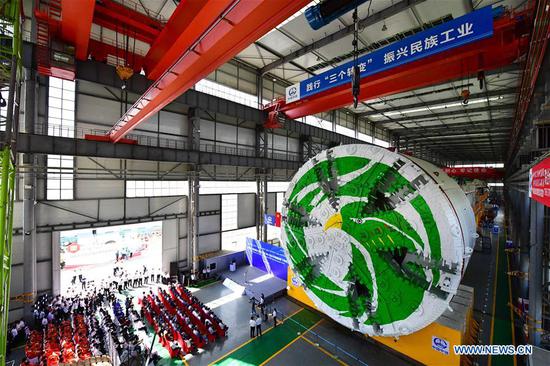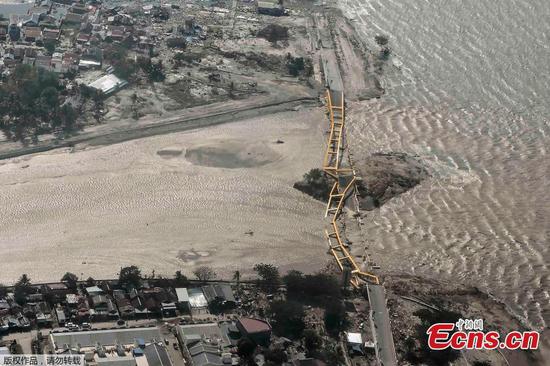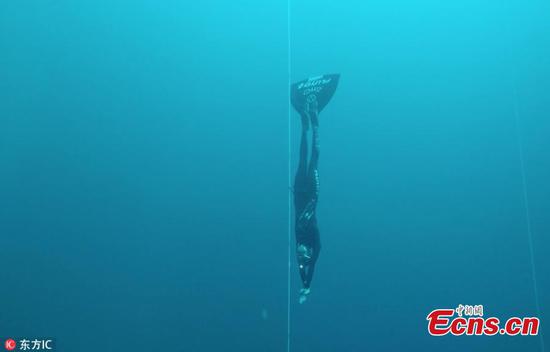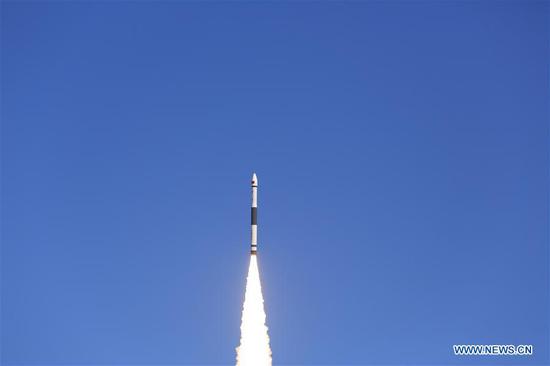China Machinery Engineering Corporation (CMEC) and Ukraine's largest private energy holding Donbas Fuel and Energy Company (DTEK) officially started the construction of a solar power plant in Ukraine on Thursday.
The groundbreaking ceremony for the construction of the project took place near Nikopol city in central Dnipropetrovsk region.
While speaking with Xinhua at the ceremony, Maksym Timchenko, chairman of the DTEK, said that the project is a "landmark event" for the Ukrainian energy sector.
"This would be the largest solar power station not only in Ukraine, but also at the European scale," Timchenko said.
During the ceremony, a first solar panel, which was developed by the Chinese company Seraphim Solar System and delivered to Ukraine via the sea, was installed at the facility.
Totally, 750,000 photovoltaic (PV) solar panels produced by Seraphim Solar System and another Chinese company Trina Solar will be set up on the 400-hectare solar farm.
Besides, the plant will incorporate 80 inverter stations with 160 PV inverters manufactured by the China-based Shenzhen Kstar Science and Technology.
The estimated cost of the solar station is 230 million euro (about 265 million U.S. dollars). The project is funded by the DTEK's own funds and by a loan from the CMEC. It is scheduled to be completed at the beginning of next year.
"I believe that the successful cooperation of the CMEC and the DTEK will enable the Chinese and Ukrainian workers to show their excellent skills. We sincerely wish this project will be completed according to the schedule," said Cao Qing, CMEC's project manager of Nikopol plant.
Once commissioned, the solar farm with a total capacity of 200 megawatts of power will provide electricity to about 160,000 households, contributing to Ukraine's green development.
"For Ukraine, this project is important because it moves the country closer to energy independence. Ukraine has a strategy for the development of alternative energy, under which the country plans to generate 11 percent of electricity from green sources by the end of 2019. We are making a great contribution to the implementation of this strategy," Oleg Solovey, the director of Nikopol plant, told Xinhua.
Solovey added that the construction of the plant will also play an important role in improving the ecological situation in the region as it will reduce harmful CO2 emissions by about 300,000 tons annually.










